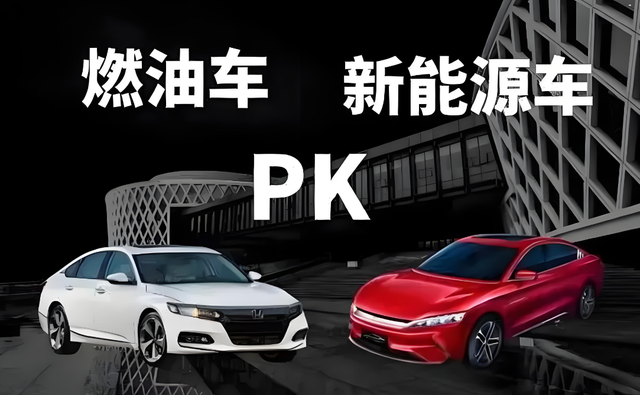The Persistent Fires in Electric Vehicles (EVs) Have Reignited Interest in Gasoline-Powered Cars, Potentially Accelerating Their Resurgence
![]() 10/27 2025
10/27 2025
![]() 597
597
The EV sector was in the spotlight in October, but for reasons it would rather avoid. A spate of fire incidents in EVs has drawn considerable consumer attention, underscoring the substantial risks linked to EV fires. This trend could undermine the confidence of potential EV buyers while giving gasoline-powered vehicles a much-needed boost.

Since June this year, sales of gasoline-powered vehicles in the domestic market have shown a steady upward trend for three consecutive months. In the first eight months of the year, sales reached 8.747 million units, with a decline of less than 1%, signaling a robust recovery for gasoline-powered vehicles. Meanwhile, the persistent EV fires have added further impetus to the resurgence of gasoline-powered cars.
It's no longer the peak heat season, and in many regions, the weather has turned chilly. Nevertheless, EVs continue to catch fire, sparking significant concerns. After all, EVs are more susceptible to overheating, so one would anticipate more fire incidents during hot weather. However, with cooler temperatures and even cold conditions in the north, the high incidence of EV fires is perplexing.
This phenomenon may be attributed to the vast existing fleet of EVs. The domestic stock of new energy vehicles has surpassed 30 million units. Given such a large number of EVs, even if the fire incidence rate is relatively low, the absolute number of fires will not be insignificant, creating the impression that EV fires are occurring continuously.

The heightened perception of EV fires is also due to the fact that the EV industry is currently booming and attracting widespread attention. Consequently, EV fire incidents garner more media coverage, with outlets competing to report on them, leading consumers to believe that EV fire accidents are particularly frequent.
What garners even more attention are the consequences of EV fires. Due to the nature of batteries, conventional firefighting methods are largely ineffective against EV fires, often resulting in vehicles being reduced to mere skeletons. Such alarming outcomes naturally draw significant attention, becoming a reason why EV accidents are widely discussed.
The EV industry's inclination towards new technologies, such as hidden door handles, exacerbates the consequences of EV collision fires. Multiple EV collision fires have left occupants unable to open doors on their own and rescuers struggling to provide assistance. With EV fires spreading rapidly, tragic incidents of occupants being burned alive have occurred, further instilling fear among consumers.

In contrast, gasoline-powered vehicles now highlight several advantages over EVs. The gasoline vehicle industry has traditionally been more cautious, adopting advanced technologies with prudence. As a result, gasoline-powered vehicles generally utilize mature technologies that have proven safe over time, effectively safeguarding the lives of occupants.
The impressive power of EVs was once considered a competitive edge. However, the frequent accidents have demonstrated that it may be a liability for ordinary consumers, especially for most people, particularly novice drivers and middle-aged and elderly individuals, who find it challenging to manage such power. Traditional gasoline-powered vehicles, with their more manageable power output, are better suited for these individuals.
EVs were once touted for offering a smoother ride. However, reality has shown that EVs are excessively quiet and accelerate and decelerate too abruptly, making children and the elderly in the family prone to motion sickness. In contrast, occupants in gasoline-powered vehicles can enjoy the engine sound, and with more gradual acceleration and deceleration, they feel more relaxed and less susceptible to motion sickness.

As a result, sales growth of gasoline-powered vehicles is anticipated to accelerate further. Additionally, with the end of full purchase tax exemptions for EVs next year and rising electricity costs, factors detrimental to EVs are mounting, leading to a continuous erosion of their advantages over gasoline-powered vehicles. This may enable gasoline-powered vehicles to swiftly surpass EVs and reclaim their dominance in the domestic automotive market.








